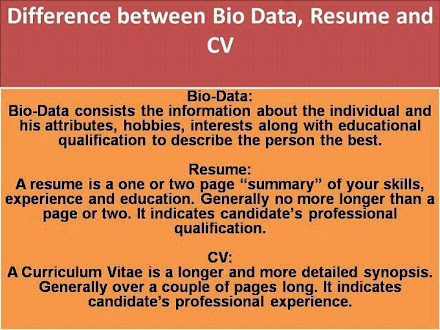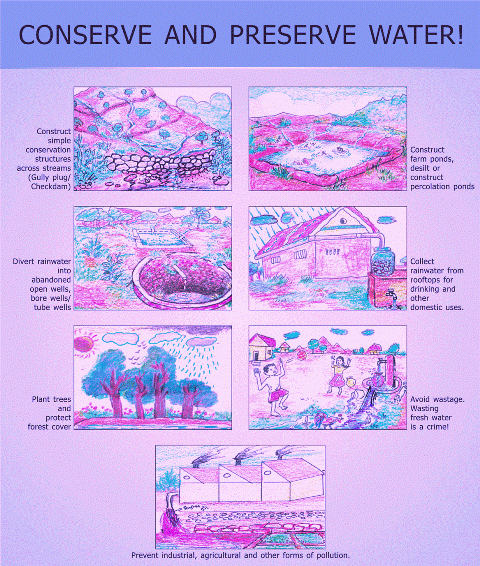Every citizen has a right to know how the Government is functioning. Right to Information empowers every citizen to seek any information from the Government, inspect any Government documents and seek certified photocopies thereof. Some laws on Right to Information also empower citizens to official inspect any Government work or to take sample of material used in any work.
Right to Information includes the right to:
1. Inspect works, documents, records.
2. Take notes, extracts or certified copies of documents or records.
3. Take certified samples of material.
4. Obtain information in form of printouts, diskettes, floppies, tapes, video , cassettes or in any other electronic mode or through printouts.
"information" means any material in any form, including records, documents, memos, e-mails, opinions, advices, press releases, circulars, orders, logbooks, contracts, reports, papers, samples, models, data material held in any electronic form and information relating to any private body which can be accessed by a public authority under any other law for the time being in force.
"record" includes:
a) Any document, manuscript and file
b) Any microfilm, microfiche, and facsimile copy of a document
c) Any reproduction of image or images embodied in such microfilm (whether enlarged or not); and
d) Any other material produced by a computer or any other device;
An applicant cannot ask for opinions/advice/views under the RTI Act, unless the opinion/advice/view is already on "record".
However, under Section 4(1)(d), an applicant can ask for "reasons" behind a administrative or quasi judicial decision of a public authority, especially if he is a "affected person".
Information Source: RTI India
----------------------------------------------------
To view the entire content of Right To Information ACT 2005 online, visit this link: http://righttoinformation.gov.in/webactrti.htm
To download the Right To Information ACT 2005 in PDF format, visit this link: http://rti.gov.in/rtiact.htm
To download the circulars issued by GoI related with RTI Act 2005, visit this link: http://rti.gov.in/circulars/CircularReportForRTI.asp
More related links:








